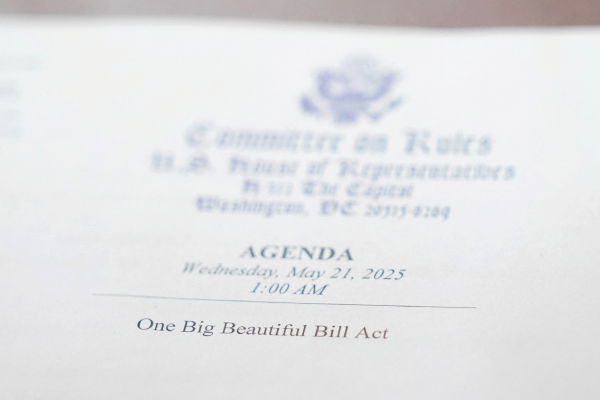May 22, 2025
This bill, which passed the Republican-controlled House of Representatives on a party-line vote, serves as a thermometer — and the reading we’re getting back is telling us that the United States of America is suffering from a dangerous fever.
Read the Full Article

Already a subscriber? Login
